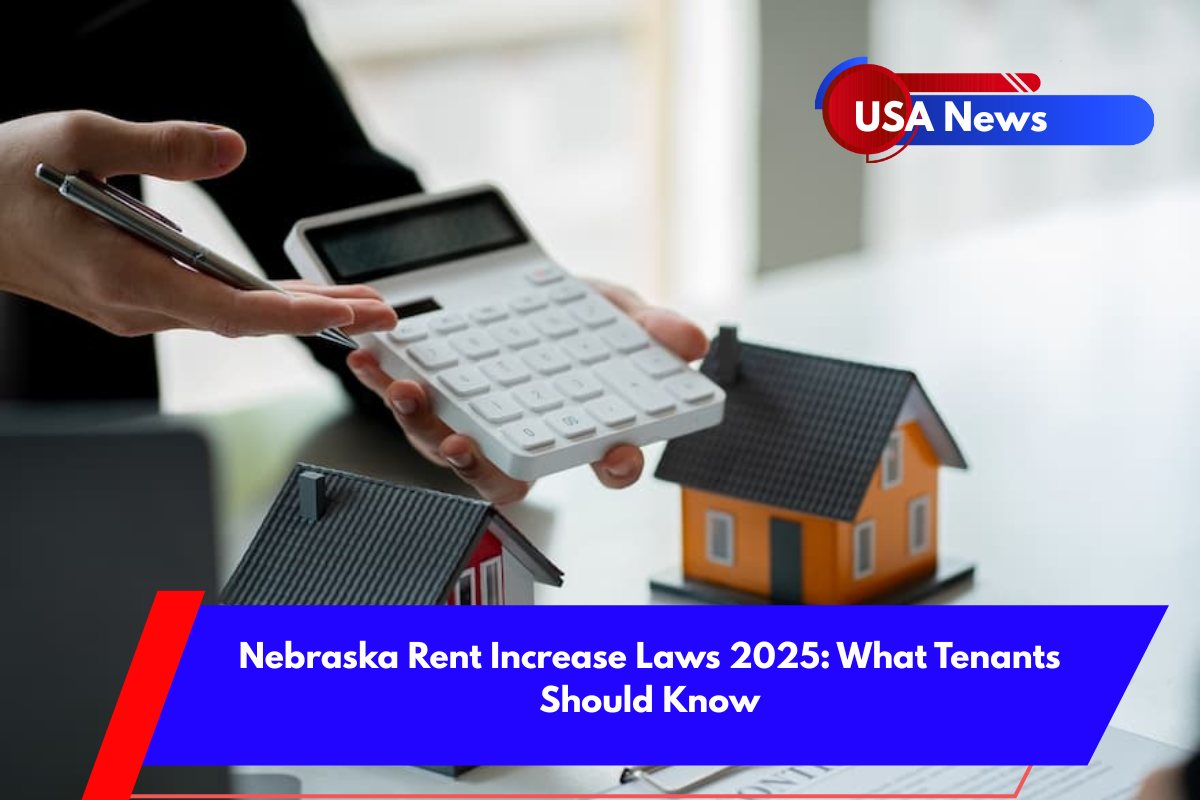Nebraska does not have statewide rent control, meaning landlords can raise rent by any amount and as often as they choose, as long as they follow the necessary procedures.
While there are no local ordinances governing rent control, tenants in Nebraska still have certain legal protections regarding rent increases. Here’s what you need to know about rent increases, the notice requirements, and tenant rights in Nebraska.
No Statewide Rent Control
Rent Increase Freedom: Nebraska does not impose any statewide limits on the amount or frequency of rent increases. This means that landlords are free to raise the rent by any amount at any time, as long as they follow the rules for notice and do not violate anti-discrimination or anti-retaliation laws.
No Local Rent Control: There are no local rent control ordinances in Nebraska. All cities and counties are governed by the same statewide rules, meaning landlords have the same flexibility across the state when it comes to rent increases.
Notice Requirements
When a landlord decides to raise the rent, they must follow specific notice procedures. The minimum written notice required depends on the type of lease:
| Lease Type | Minimum Written Notice Required | Details |
|---|---|---|
| Month-to-Month Lease | 30 days | Notice must be given before the next rent payment is due. |
| Fixed-Term Lease | N/A (during lease) | Rent cannot be raised during the lease term unless specified in the lease. |
| Mobile Home Tenancy | 60 days | Longer notice required for mobile home tenants. |
Written Notice: Notice of a rent increase must be delivered in writing, either in person or by mail. If the landlord fails to provide proper notice, the rent increase is not valid.
When Can Rent Be Increased?
During a Lease: Rent cannot be increased during the term of a fixed-term lease unless the lease agreement allows it. If the lease does not allow it, the landlord cannot raise the rent before the lease expires.
At Lease Renewal: When the lease term ends and is up for renewal, landlords can raise the rent as long as they provide proper notice.
Month-to-Month Leases: Landlords can raise the rent at any time during a month-to-month lease, provided they give the proper written notice (30 days).
Legal Protections for Tenants
No Rent Increase Cap: Nebraska has no legal cap on how much or how often a landlord can increase rent. However, there are other protections in place.
Anti-Retaliation: Landlords cannot raise rent as a form of retaliation for a tenant exercising their legal rights. For example, it is illegal for a landlord to increase rent because a tenant reported code violations or joined a tenant union.
Anti-Discrimination: Rent increases cannot be made based on race, religion, sex, disability, familial status, or other protected classes under the Fair Housing Act. Rent increases must be fair and lawful, and they cannot be discriminatory.
Steps for Tenants
Review Lease Agreement: Before agreeing to a lease, tenants should carefully review the lease terms regarding rent increases. Some leases may allow for rent increases under certain conditions.
Document Communications: If a tenant receives notice of a rent increase, it is important to document all communications with the landlord regarding the change. This could be useful if there are disputes about the increase or the process.
Seek Legal Assistance: If a tenant believes the rent increase is retaliatory, discriminatory, or if proper notice was not provided, they should seek legal assistance. Legal Aid of Nebraska and the Nebraska Equal Opportunity Commission are available resources for tenants who need guidance or assistance.
Sources:
1. https://www.hemlane.com/resources/nebraska-rent-control-laws/
2. https://www.hemlane.com/resources/nebraska-tenant-landlord-law/
3. https://www.steadily.com/blog/how-much-can-a-landlord-raise-rent-in-nebraska
4. https://www.steadily.com/blog/rent-increase-laws-regulations-nebraska













